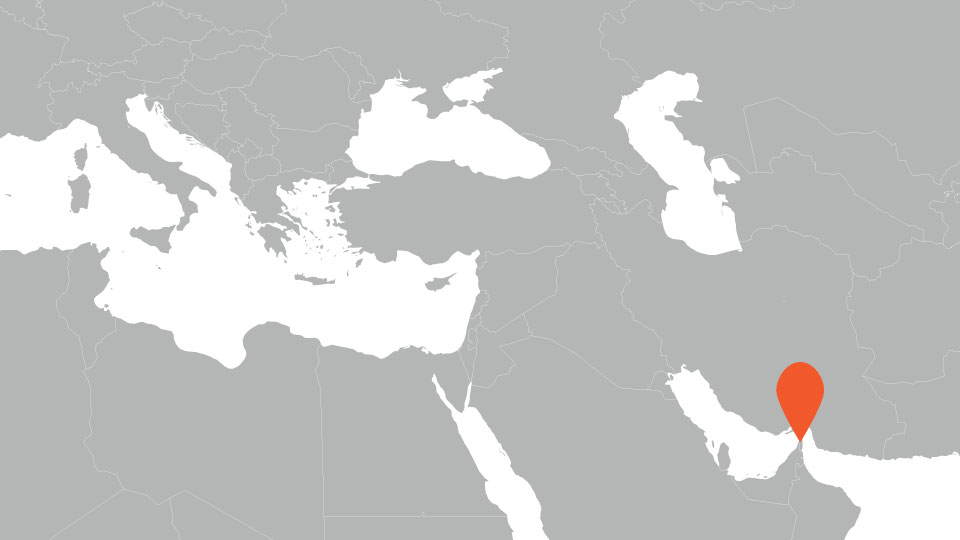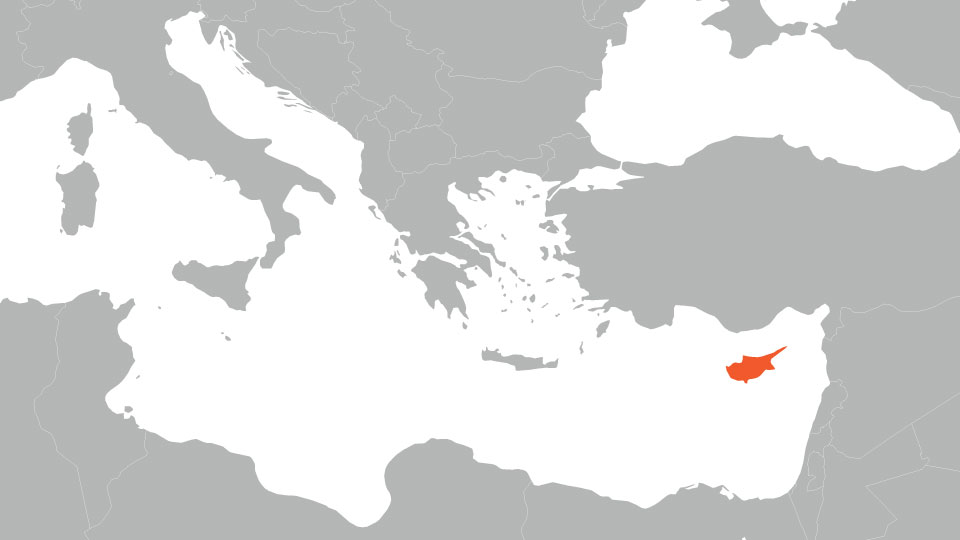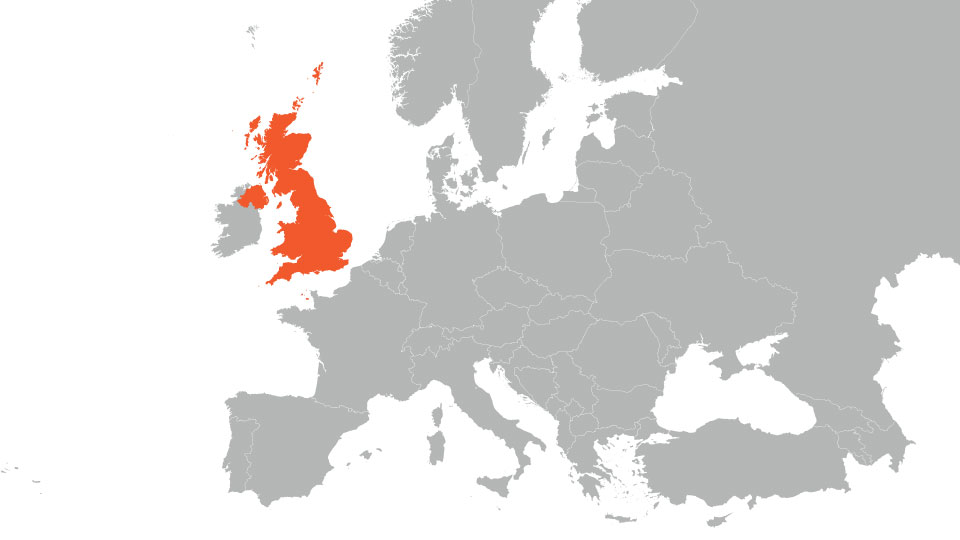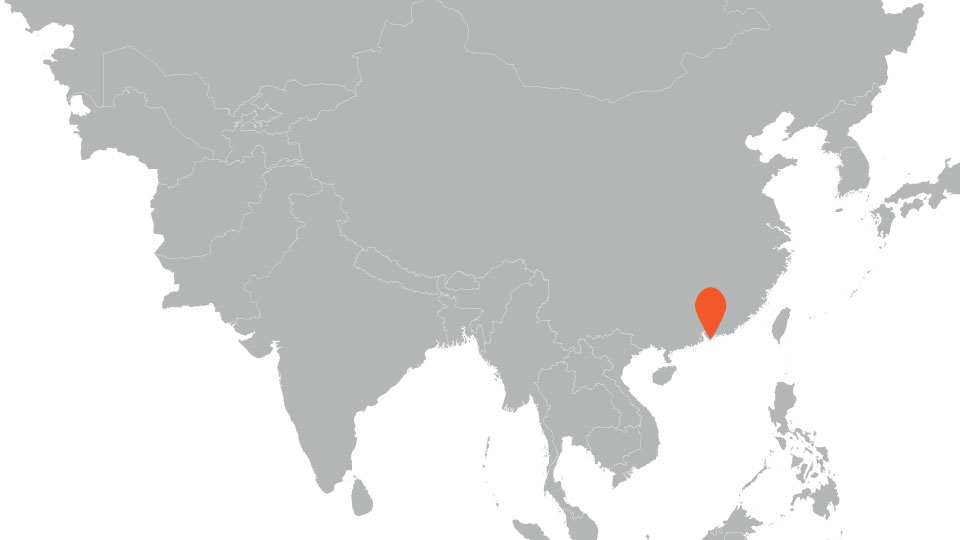Forming a Belgian Company

 Incorporation time: 4 days
Incorporation time: 4 days Shelf companies: No
Shelf companies: No Accounting: Yes
Accounting: Yes
 Secretary: Yes
Secretary: Yes Nominee Shareholder: No
Nominee Shareholder: No Nominee director: No
Nominee director: No
TAX: 34%
History of Belgium
Belgium has a population of 11 million and is located to the north of France. It was one of the founding nations of the European Union in which it occupies a key position as home to several European institutions (the Commission, the EU Parliament and the Council). Belgium is a constitutional monarchy and despite its small size is ranked among the 30 strongest economies in the world.Belgium as an Onshore Financial Services Territory
Belgium taxes its companies at a similar rate to France (which is within the average for developed onshore countries). However, the country is a very popular destination for tax expatriates because there is no wealth tax or capital gains tax. Belgium is therefore a recommended jurisdiction for clients with substantial capital wealth where they may live tax free (though any income will be subject to local taxation).Types of Belgian Companies
Company formation in Belgium is carried out by an accountant and a notary who draft the articles of association and before whom documents must be signed.| Legal Entity | Share Capital | Number of Shareholders, Members or Partners |
|---|---|---|
| Limited Liability Company (BVBA) | 18,550 EUR minimum | Minimum of one shareholder, limited liability. |
| Public limited company (NV) | 61,500 EUR minimum | Minimum of two shareholders, limited liability. |
|
General partnership (VO) |
Not Applicable | Minimum two partners. Unlimited liability for debts and obligations, liability is joint and several. |
|
Limited partnership (CV) |
Not Applicable | Partners are jointly and severally liability for invested capital only. |
| Cooperative company with unlimited joint liability (SCRIS) | No minimum share capital | Maximum of three shareholders, joint liability extends to private wealth, no limited liability. |
| Limited liability cooperative company – SCRL (BVBA/SPRL) | 18,550 EUR minimum | Maximum of three shareholders, liability limited to share capital |
Belgian Incorporation Formalities
Unlike in other countries, Belgium requires a well-defined process to be followed prior to, and as part of, the company incorporation process. The process begins with the preparation of a Business Plan or Financial Projections which are drafted in conjunction with an accountant. This document allows the capital required by the company to be calculated. As well as this document and the company’s constitutional documents companies in formation must open a bank account in order to deposit their share capital. Once these formalities have been completed the documents can be signed before a notary and the company may be registered.Belgium’s Tax Rates
The corporation tax rate is tiered based on turnover. It is important to note that a Belgian company is taxed on its worldwide income, whether or not it is Belgian resident. Taxation of companies is as follows:| Corporate income (EUR) | Tax rate |
|---|---|
| 0 – 25,000 | 24.98% |
| 25,001 – 90,000 | 31.98% |
| 90,001 – 322,500 | 35.54% |
| Base rate | 33.99% + a surtax of 3% |
VAT in Belgium is charged at a normal rate of 21%, with reduced rates of 6% and 12% applying to some sectors.
Personal income tax is progressive and is taxed at the following
rates :| Income Level (EUR) | Tax Rate |
|---|---|
| 0 – 8,070 | 25% |
| 8,071 – 11,480 | 30% |
| 11,481 – 19,130 | 40% |
| 19,131 – 35,060 | 45% |
| 35,061 and + | 50% |
Accounting Requirements In Belgium
The Belgian tax year runs from 1st January to 31st December. Accounts, which are compulsory, must comprise a balance sheet, summary of profit and loss and appendices. All accounts must be audited and accounting standards are set by the Minimum Standard Chart of Accounts.
Links : Minimum Standard Chart of Accounts Accounting Standards Commission in BelgiumThe Jurisdiction in detail
Belgium, which experienced a very turbulent political and economic period in 2011, should see the return of (slight) growth estimated at 0.3% in 2013. Despite austerity and a decrease in deficit (target 0% by 2015), the country has one of the highest GDPs per capita in the world.
Its economic activity is mainly based on services with a service sector accounting for 75% of the GDP. This observation is explained in part by the strong involvement of the country, and Brussels, in the management of the European Union, with the hosting of several institutions. The secondary sector is the second influential area but its importance varies according to the regions. Wallonia is therefore in turmoil following closures related to the coal and steel, whereas Flanders has the second most powerful petrochemical industry in the world.
The Belgian economy is very open to the world and its European neighbours: indeed it is a great exporting power and takes advantage of its position which makes it a compulsory place of passage for European trade. Belgium’s major trading partners are of course the European Union, and also the United States.
Advantages of investing :
- multilingual, productive workforce
- good infrastructure
- advantageous geographical position
- excellent standard of living
Weak points :
- high salaries
- turbulent financial sector
Access to and functioning of the market
As part of the European Union, Germany applies EU customs standards. European customs regulations are rather liberal. However, they impose strict controls on certain imported goods, such as textiles and agricultural products. They are therefore strictly monitored in relation to European CAP, which aims to protect agriculture in the member states from foreign production. For example, the presence of GMO must be strictly marked on the packaging of products. Another example is that hormone-fed beef is banned in the European Union.
From a pricing point of view, only trading with non-EU countries is taxed, at a rate which is nonetheless low (on average 4%). On the administrative side, EU states must fill out an Intrastat declaration when importing. For foreign countries, an Entry Summary Declaration is necessary to ensure more secure trading, as desired by the World Trade Organization.
The transportation of goods in Germany is facilitated by a dense network including roads, railways and waterways, as well as air. There are more than 40,000 kilometers of railway in the country. The 11,000 kilometers of motorway and 7,500 kilometers of waterway also provide suitable transportation solutions. The main German industrial sectors are: automotive, electrotechnics, mechanical engineering and chemistry.
Liens : German customs Federal Ministry of Transport
Employment law
Minimum working hours are 48 hours per week. There is no minimum wage in Germany. However, in reality, some sectors have set lower limits (for example, 8.40 EUR/hour in construction). Retirement age is set at 67 years, and social security contributions are set at 20.9% for employers and employees.
21% of employees belong to trade unions. Trade unions have a significant influence on employment, despite having more presence in the East than in the West of the country. Most trade unions belong to the Confederation of German Trade Unions.
Liens : Federal Ministry of Employment and Social Affairs Confederation of German Trade Unions German Patent and Trademark Office
Political data
The German executive power is held by the Chancellor (Angela Merkel) elected by an absolute majority by the Federal Assembly for 4 years. The President is the Head of State, but his title is essentially honorary (Joachim Gauck). Federal Ministers are appointed by the President, and guided by the Chancellor.
The legislative power is composed of the Federal Assembly, with 613 members elected by universal suffrage, and the Federal Council. The legislative power, i.e. the Parliament, supports the executive power and can only be dissolved by the President.
The major German political parties are :
- Christian Democratic Union
- Christian Social Union
- Social Democratic Party
- Free Democratic Party
- Green Party









